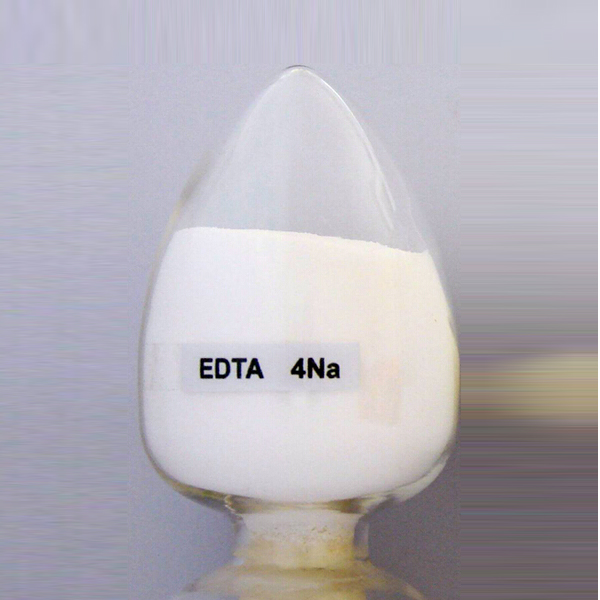
News
дец . 01, 2024 03:21 Back to list
hydroponics micronutrient fertilizer
Hydroponics Micronutrient Fertilizers A Key to Healthy Plant Growth
As agriculture evolves, so does the need for innovative and effective farming methods. One such method that has gained significant traction is hydroponics, a soilless cultivation technique that allows plants to grow in nutrient-rich water. While hydroponics offers a myriad of benefits—such as faster growth rates, higher yields, and the ability to grow in urban areas without arable land—the success of this method heavily relies on the right nutrient solutions, particularly micronutrients.
Micronutrients are essential vitamins and minerals that plants require in small amounts to grow healthily and produce optimal yields. Unlike macronutrients such as nitrogen, phosphorus, and potassium, which plants need in larger quantities, micronutrients play crucial roles in various physiological functions, including photosynthesis, enzyme activity, and overall metabolic processes.
In hydroponics, the plants receive their nutrients directly from the water solution, making it vital to ensure that all essential micronutrients are included in the nutrient blend. Commonly required micronutrients include iron, manganese, zinc, copper, molybdenum, boron, and chlorine. Each of these elements serves specific functions in plant health
1. Iron (Fe) Critical for chlorophyll synthesis and photosynthesis, iron helps plants convert light energy into chemical energy. Deficiency manifests as chlorosis, with yellowing between leaf veins.
2. Manganese (Mn) Involved in photosynthesis and respiration, manganese helps with enzyme function and assists in nitrogen assimilation. A deficiency can lead to interveinal chlorosis.
3. Zinc (Zn) This micronutrient plays a key role in enzyme function, protein synthesis, and growth regulation. Zinc deficiency can result in stunted growth and leaf discoloration.
4. Copper (Cu) Essential for photosynthetic processes and the formation of tie proteins, copper also helps in maintaining plant health. Deficiencies may show as dieback of shoots and poor root development.
hydroponics micronutrient fertilizer

5. Molybdenum (Mo) This element is crucial for nitrogen fixation and utilization, particularly in legumes. A lack of molybdenum can impair plant growth and yield.
6. Boron (B) Important for cell division and the formation of plant tissues, boron deficiency can lead to blossom drop and poor fruit development.
7. Chlorine (Cl) Although required in small amounts, chlorine supports photosynthesis and osmoregulation within the plant.
To effectively administer these micronutrients in a hydroponic system, growers can choose from various micronutrient fertilizers available on the market. These fertilizers are often specially formulated to dissolve easily in water and are designed to provide a balanced supply of essential nutrients.
Hydroponic systems vary widely, from simple setups such as nutrient film techniques (NFT) to more complex aeroponic or deep water culture systems. Regardless of the system, maintaining the correct pH level and electrical conductivity (EC) is paramount. Most micronutrient solutions are most effective at a pH between 5.5 and 6.5, where uptake is optimized.
Regular monitoring of nutrient concentrations is also essential. Hydroponic farmers often utilize testing kits or electronic meters to ensure that they provide the right concentrations of micronutrients to support healthy plant development. Adjustments are made based on plant growth stages; for instance, young seedlings may require a different nutrient profile compared to mature fruit-bearing plants.
In conclusion, hydroponics presents a revolutionary approach to agriculture, enabling growers to cultivate plants in controlled environments with minimal water usage. The success of hydroponic systems hinges on the availability and balance of nutrients, especially micronutrients. By understanding their significance and providing the right micronutrient fertilizers, hydroponic farmers can ensure the health and vitality of their crops. This not only leads to significant agricultural advances but also promotes sustainability, resource efficiency, and the capability to produce food in a rapidly urbanizing world. As the demand for food continues to rise, investing in education and resources for effective hydroponic practices will become increasingly important in ensuring food security and promoting eco-friendly farming methodologies.
-
Polyaspartic Acid Salts in Agricultural Fertilizers: A Sustainable Solution
NewsJul.21,2025
-
OEM Chelating Agent Preservative Supplier & Manufacturer High-Quality Customized Solutions
NewsJul.08,2025
-
OEM Potassium Chelating Agent Manufacturer - Custom Potassium Oxalate & Citrate Solutions
NewsJul.08,2025
-
OEM Pentasodium DTPA Chelating Agent Supplier & Manufacturer High Purity & Cost-Effective Solutions
NewsJul.08,2025
-
High-Efficiency Chelated Trace Elements Fertilizer Bulk Supplier & Manufacturer Quotes
NewsJul.07,2025
-
High Quality K Formation for a Chelating Agent – Reliable Manufacturer & Supplier
NewsJul.07,2025
